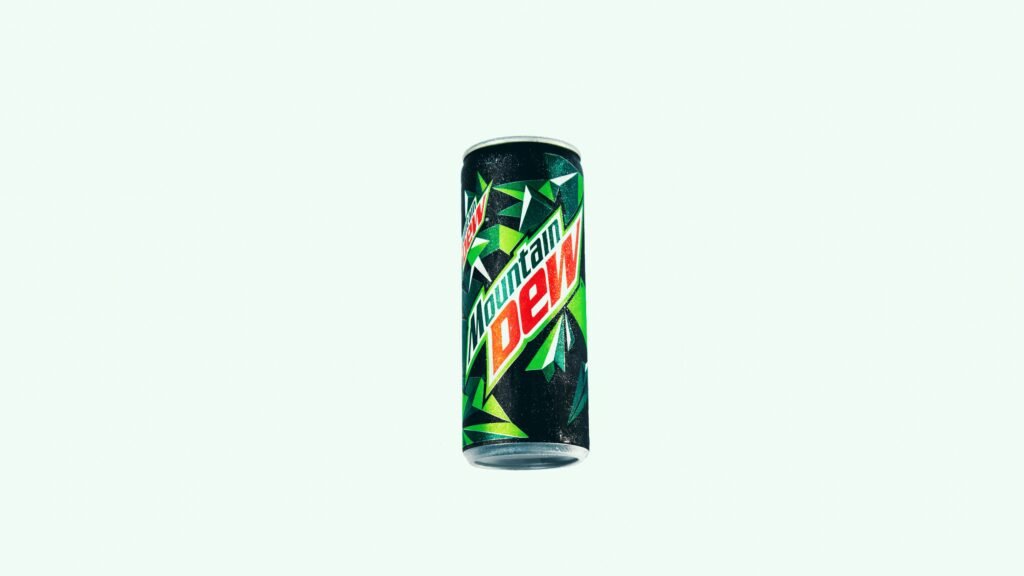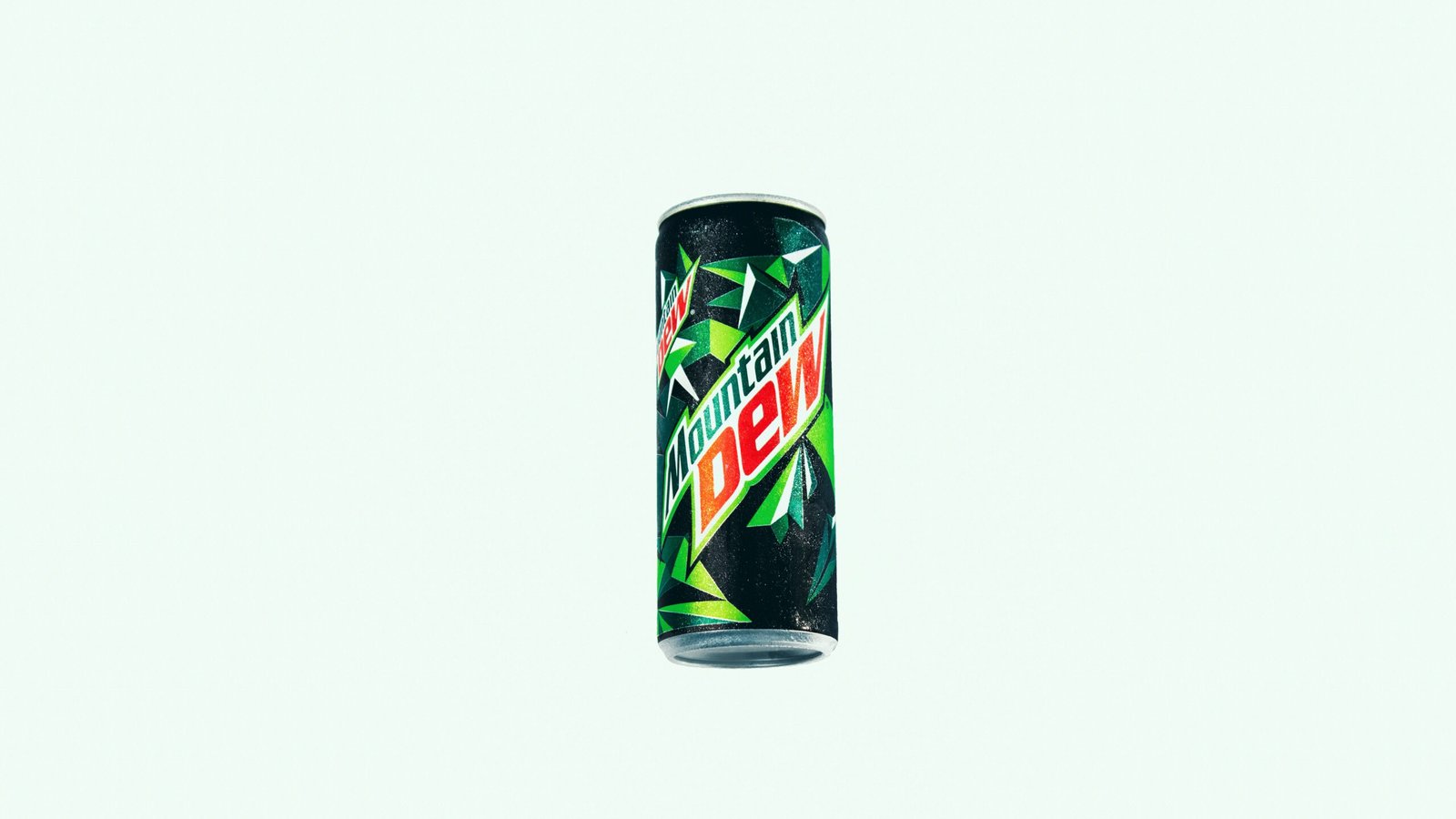Introduction
Mountain Dew is a popular carbonated soft drink known for its bold and citrusy flavor. Many people enjoy the taste and energy boost it provides. It’s essential to explore Mountain Dew nutrition facts to make informed choices about including it in your diet. In this article, we will explore the critical nutritional information associated with Mountain Dew. We will give specific focus to its nutrition facts and their potential impact on your health.

Serving Size and Calories
A standard serving size for Mountain Dew is 12 fluid ounces (355 ml), which is equivalent to one can. In a typical 12-ounce serving, Mountain Dew contains approximately:
Calories: 170
Total Fat: 0 grams
Sodium: 60 milligrams
Total Carbohydrates: 46 grams
Sugars: 46 grams
Protein: 0 grams
It’s important to note that the calorie content can vary slightly depending on factors like the specific formula or packaging size. Still, the values mentioned above are typical for a standard can of Mountain Dew.
High Sugar Content
One of the most significant concerns regarding Mountain Dew’s nutrition is its high sugar content. A 12-ounce can contain a staggering 46 grams of sugar. This amount of sugar exceeds the recommended daily sugar intake for adults, which is around 25 grams for women and 38 grams for men, according to the American Heart Association. Consuming excessive amounts of sugar can lead to various health issues, including weight gain, type 2 diabetes, and dental problems.

Caffeine Content
Mountain Dew is known for its high caffeine content. A 12-ounce can contain approximately 54 milligrams of caffeine. It is roughly equivalent to the amount found in a 12-ounce can of Coca-Cola Classic. Caffeine can have both positive and negative effects on health. On the positive side, it can increase alertness and energy levels. However, excessive caffeine consumption can lead to sleep disturbances, jitteriness, and increased heart rate. It’s essential to monitor your caffeine intake from all sources, including soft drinks, to avoid adverse side effects.
.
Sodium Content
Mountain Dew also contains a moderate amount of sodium, with 60 milligrams per 12-ounce serving. While this is not exceptionally high, individuals with hypertension or those watching their sodium should consume it with precaution.
No Nutritional Value
Mountain Dew is often referred to as “empty calories” because it provides little to no essential nutrients. It lacks vitamins, minerals, and fiber that are typically found in healthier beverages like water, milk, or 100% fruit juices.

Conclusion
Understanding Mountain Dew nutrition facts is crucial for making informed dietary choices. Its high sugar content, caffeine, and lack of essential nutrients make it a less-than-ideal choice for regular consumption. If you enjoy Mountain Dew, it’s best to consume it in moderation. Try to balance it with a diet rich in nutritious foods and beverages.
Ultimately, making informed choices about your diet and the beverages you consume is crucial for maintaining overall health. It includes high sugar and caffeine content in Mountain Dew. Consider healthier alternatives like water, herbal tea, or sparkling water to quench your thirst. Your body will thank you for it in the long run.


1 thought on “Understanding Mountain Dew Nutrition Facts: What You Need to Know”